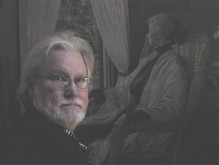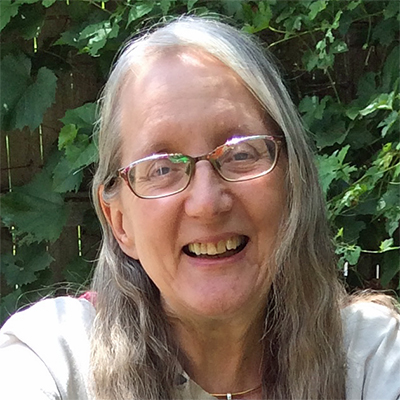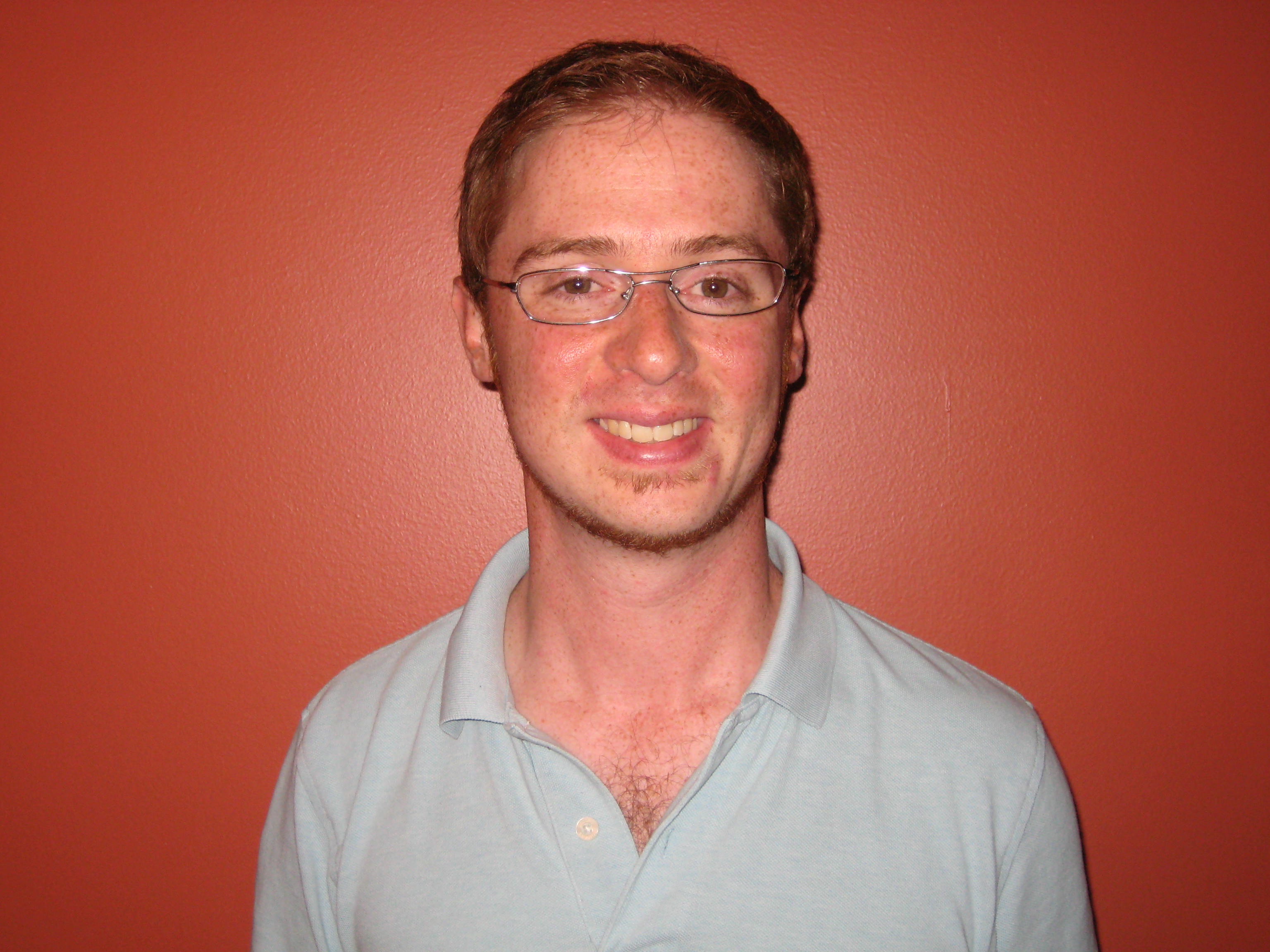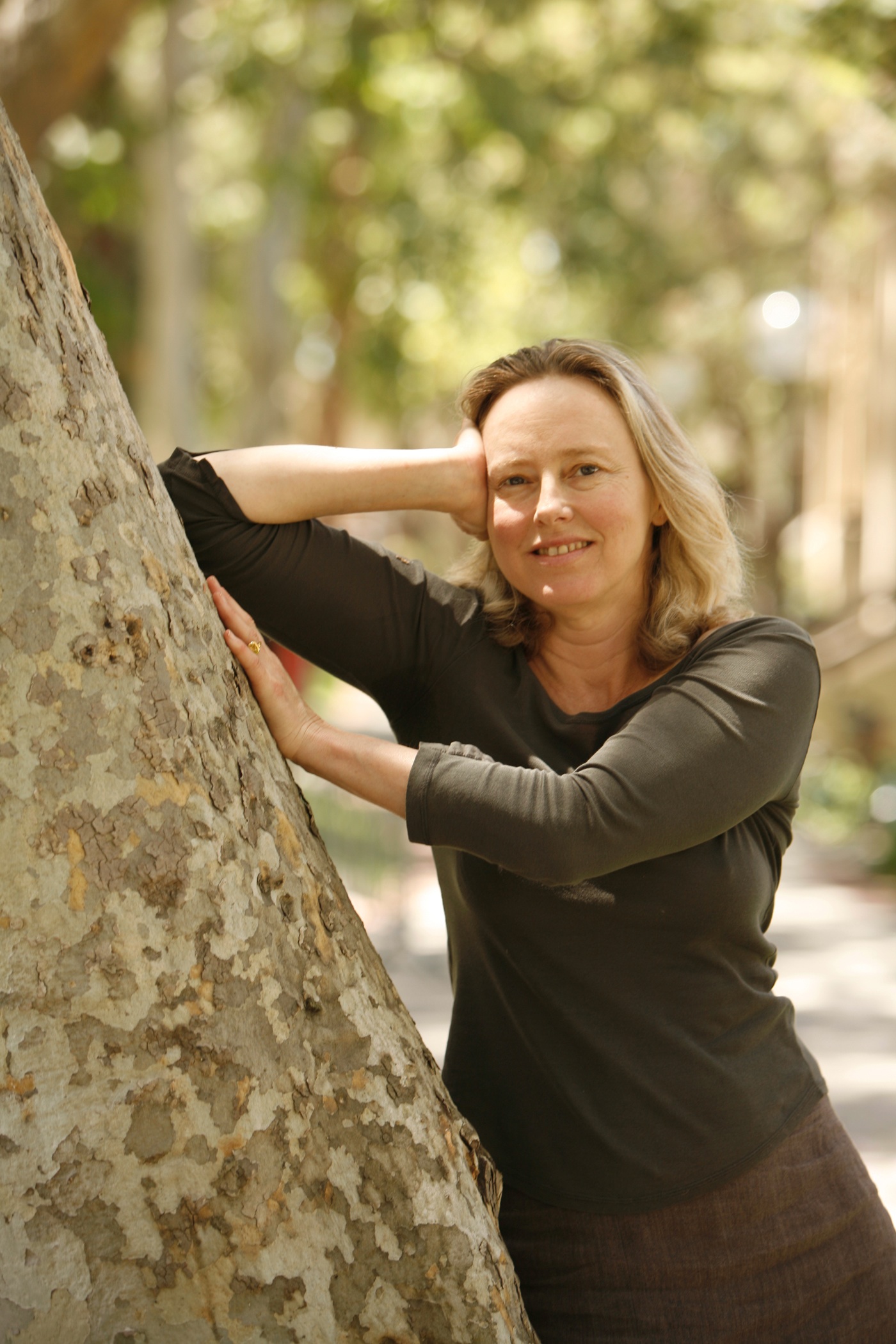War Poetry Contest 2009
Congratulations to the winners of our 2009 poetry contest on the theme of war!

First Prize $2,000
Robert Hill Long, Wolverine and White Crow, Motivations, Insurrection and Resurrection
Honorable Mention $100
- Amy Wentworth Bueno, Song
- Paul Christensen, Memories, My Life as an American, My Neighbor’s Secret
- Silvia Curbelo, Airborne
- Natalie Diaz, A Wild Life Zoo
- Frank Gaik, Kid Bowdler Sings Phaecia, Played by Homey
- Veronica Golos, Pieta
- donnarkevic, Confession
- Brenda Roper, Cry Me a Bucket
- Jon E. Seaman, Japan 1944: Fusen Bakudan, The Time and Fates of Man
- Lynn Shoemaker, We Need You Now, Maya, Atta Sends a Tape from Paradise
- JL Williams, Soldiers in Love
- Rob Wright, Cantus for the Horses
Finalists
- Wayne Christensen, Canal Fishing Just Beyond
- Carolyn Creedon, Twenty
- Jacqueline Dickey, My Father’s Helmet
- Jan Gerling, DynCorp International
- Christina Ginfrida, Lt. O’Malley
- Lucia May, Life Expectancy
- Anne Moffa, Andersonville Prison Camp, 1864
- William Snyder, They Give Me Money Near Karbala
- Ted Stein, Report from Herat
- David Allen Sullivan, Baggage Claim, In/Out Country: Sergeant Kokesh, Bomb Scare
- Franke Varca, Hiroshima Ghost Couple
- Elaine Zimmerman, One Soldier’s Day, in Pieces, Incline of the Heart, City War Zone
Thanks to everyone who entered our eighth annual War Poetry Contest. We received 664 entries of 1-3 poems each. Once again we were impressed by poets' creativity and insight in depicting the lives of diverse people and cultures affected by war. We're always looking for that unusual anecdote that makes a familiar historical event seem immediate, heart-wrenching, and fresh—and our entrants delivered.
This year's group included a strong selection of poems about women's experiences, from the battered wife of a Vietnam veteran in Brenda Roper's "Cry Me a Bucket" to the Japanese schoolgirls drafted into manufacturing an unusual weapon in Jon E. Seaman's "Japan 1944: Fûsen Bakudan". Other winners astutely drew connections between war and racial inequality, as in first-prize winner Robert Hill Long's "Wolverine and White Crow", Wayne Christensen's "Canal Fishing Just Beyond", and Elaine Zimmerman's "City War Zone". These poems suggest that the human costs of war are easier to ignore in a culture that already deems certain lives less worthy than others.
Some of our top entries stood out for their innovative way of depicting war indirectly, through surreal happenings that conveyed the fragmentation of consciousness under fire or the delusional thinking that produces conflict. Frank Gaik's "Kid Bowdler Sings Phaecia, Played by Homey" retells a portion of the Odyssey in the voice of a manic jokester with a hip-hop style, while the soldier facing the firing squad in Christina Ginfrida's "Lt. O'Malley" imagines himself in a baseball game in order to translate his final thoughts into a less terrifying context.
The Judging
This year, for the first time, we had two judges working together on the War Poetry Contest. Assistant Judge Ellen LaFleche is an award-winning poet whose work has appeared in Alehouse, New Millennium Writings, The Ledge, Alligator Juniper, Naugatuck River Review, and many other publications. (Read more about her on our Staff Bios page.) Ellen did the first close reading of all the poems and, after two more passes through the remaining entries, narrowed them down to a shortlist of about 75-100 entries. I looked at every poem we received, concentrating on the ones she'd flagged as most promising, but also promoting some favorites of my own. We then took several afternoons over the next few weeks to debate the strengths and weaknesses of our chosen poems and agree on a final ranking. It was a wonderfully stimulating process that probably produced a more diverse body of work than we'd each have picked on our own.
Ellen writes, "I would like to thank all the poets who sent their work to the War Poetry Contest. It requires deep faith and trust for a writer to send poems to a contest for judging and ranking. Reading these poems helped me to grow not only as a writer but as a person trying hard to understand the meaning of war and violence in the world.
"I immediately fell in love with Robert Hill Long's suite of first-place poems. 'Wolverine and White Crow' is a dignified masterpiece that indicts war through its gritty exploration of disenfranchised men. 'Dancing in Baghdad' contained a waltz-like rhythm that continues to resonate in my mind. 'Or Wend, Skull, with Your Teeth Like Bright Armor' contains visual images that are rich in symbolism; I especially appreciate the layers of metaphor and meaning in this creative exploration of an imagined soldier. To name just a few others, I was moved by the stunning images in Natalie Diaz's 'A Wildlife Zoo', a poem that included wry humor as a counterpoint to the foolish aggression of a zoo visitor tormenting a lion. I was amazed at the creative wit in 'Kid Bowdler Sings Phaecia, Played by Homey' and the quiet yet haunting imagery of 'Canal Fishing Just Beyond'."
The Winners
Robert Hill Long's quietly tragic poems "Wolverine and White Crow", "Motivations", and "Insurrection and Resurrection" tell the stories of broken and discarded men. In the same spirit as Death of a Salesman, Long's character sketches demand that we pay attention to these anonymous veterans, who are unable to reintegrate into the society for which they sacrificed their bodies and minds. In "Wolverine", the bleak prospects for men on a Native American reservation both influence the protagonist's decision to join the military and compound his struggles when he returns. By contrast, for the disabled vet in "Motivations", it was his own youthful strength and manliness that made him feel invincible in battle—until the instant when he wasn't. Because of Long's lyrical imagery, specific details of time and place, and moments of dark humor, his characters are universal without being generic.
I appreciate a small, elegantly crafted poem quite as much as a weighty epic. Timothy Tebeau's second-prize entry "Dancing in Baghdad" is an example of the former. Perfectly poised between beauty and horror, this poem depicts elite revelers at an embassy where death waits just outside the door. Their heartlessness and self-delusion are privileges of their position but may also be their undoing. Tebeau deftly suggests multiple meanings for the "left together, right together" steps of their sinister waltz.
Susan McCabe's unique and striking third-prize poem "Or Wend, Skull, With Your Teeth Like Bright Armor" begins with the marriage of extravagance and death in British conceptual artist Damien Hirst's "For the Love of God" sculpture, a human skull encrusted with $18 million worth of diamonds. She imagines the skull as having belonged to a soldier whose brief life was so rich in some ways, so vulnerable in others. Perhaps more so than the original artwork, McCabe's poem prompts us to reflect on the wastefulness of a wealthy nation that fêtes dead things while discarding young lives.
Heartfelt thanks to all of our entrants for entrusting us with your stories of struggle, heroism, injustice, and reconciliation. We believe that your words make a difference.
Contest Judges

Jendi Reiter
Jendi Reiter is vice president of Winning Writers, editor of The Best Free Literary Contests, and oversees the Winning Writers literary contests. Jendi is the author of the novel Origin Story (Saddle Road Press, 2024), the short story collection An Incomplete List of My Wishes (Sunshot Press, 2018), the novel Two Natures (Saddle Road Press, 2016), the poetry collections Made Man (Little Red Tree Publishing, 2022), Bullies in Love (Little Red Tree Publishing, 2015), and A Talent for Sadness (Turning Point Books, 2003), and the award-winning poetry chapbooks Swallow (Amsterdam Press, 2009) and Barbie at 50 (Cervena Barva Press, 2010). Awards include a Massachusetts Cultural Council Artists' Grant for Poetry, the 2016 New Letters Prize for Fiction, the 2016 Rainbow Award for Best Gay Contemporary Fiction, the 2015 Wag's Revue Poetry Prize, the 2013 Little Red Tree International Poetry Prize, the 2012 Betsy Colquitt Award for Poetry from Descant magazine, the 2011 James Knudsen Editor's Prize in Fiction from Bayou Magazine, the 2011 OSA Enizagam Award for Fiction, the 2010 Anderbo Poetry Prize, and second prize in the 2010 Iowa Review Awards for Fiction. Jendi's work has appeared in Poetry, The New Criterion, Mudfish, Passages North, Cutthroat, Best American Poetry 1990, and many other publications. See their interviews in RoundPier and Lammergeier.
Photo by Ezra Autumn Wilde
Contest Judges

Ellen LaFleche
Ellen LaFleche is a past judge of our North Street Book Prize. She has worked as a journalist and women's health educator in Western Massachusetts. Her manuscript, Workers' Rites, won the Philbrick Poetry Award from the Providence Athenaeum and was published as a chapbook in 2011. Another chapbook, Ovarian, was published in 2011 by the Dallas Poets Community Press, and a third chapbook, Beatrice, about a semi-cloistered nun, was published in 2012 by Tiger's Eye Press. Her poems have been published in Spoon River Poetry Review, Hunger Mountain, New Millennium Writings, The Ledge, Alligator Juniper, Many Mountains Moving, Harpur Palate, Southeast Review, and Naugatuck River Review, among many others. Prose credits include her 2014 Daily Hampshire Gazette article "Taken too soon, at 65: My husband John Clobridge's final days with ALS". She also reviews books for Wordgathering, the online journal of disability poetics. She has won the Ruth Stone Poetry Prize, the New Millennium Poetry Prize (shared with Jim Glenn Thatcher), the DASH Poetry Journal Prize, the Poets on Parnassus Prize for poetry about the medical experience, second prize in The Ledge Poetry Awards, and the Editor's Choice Award for Poetry from Writecorner Press.









